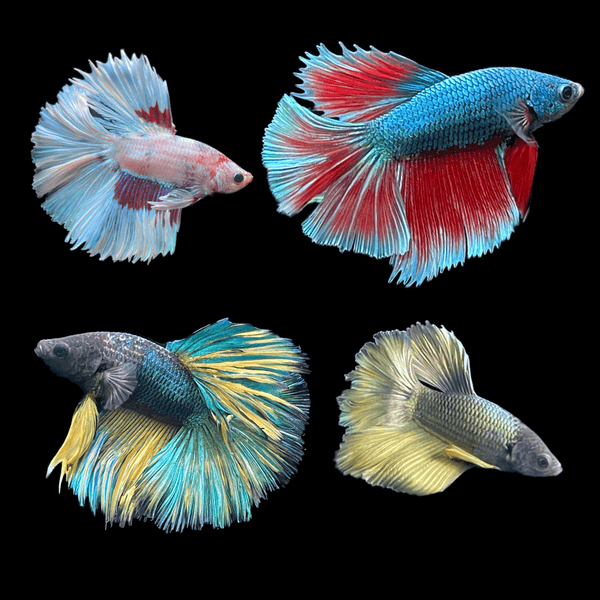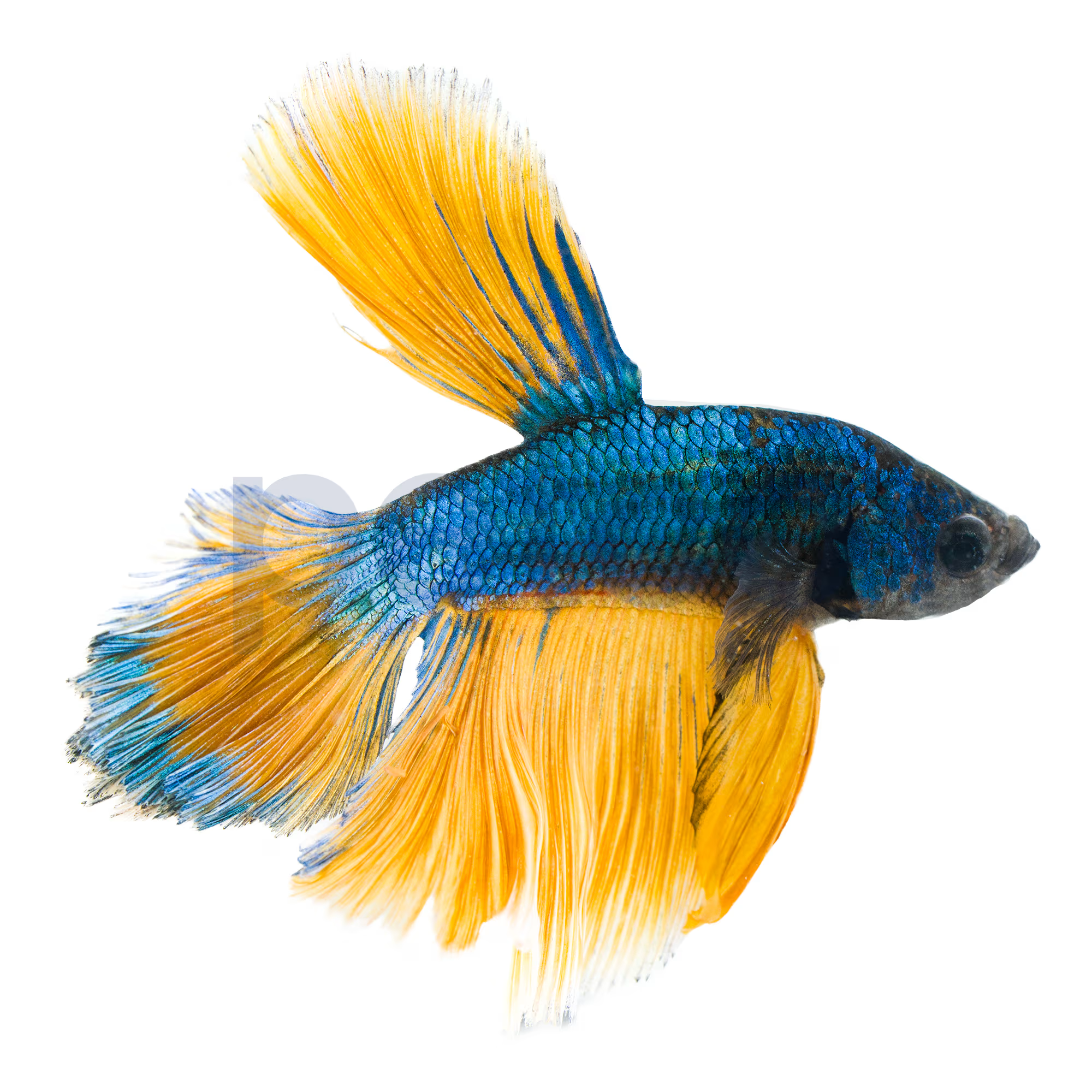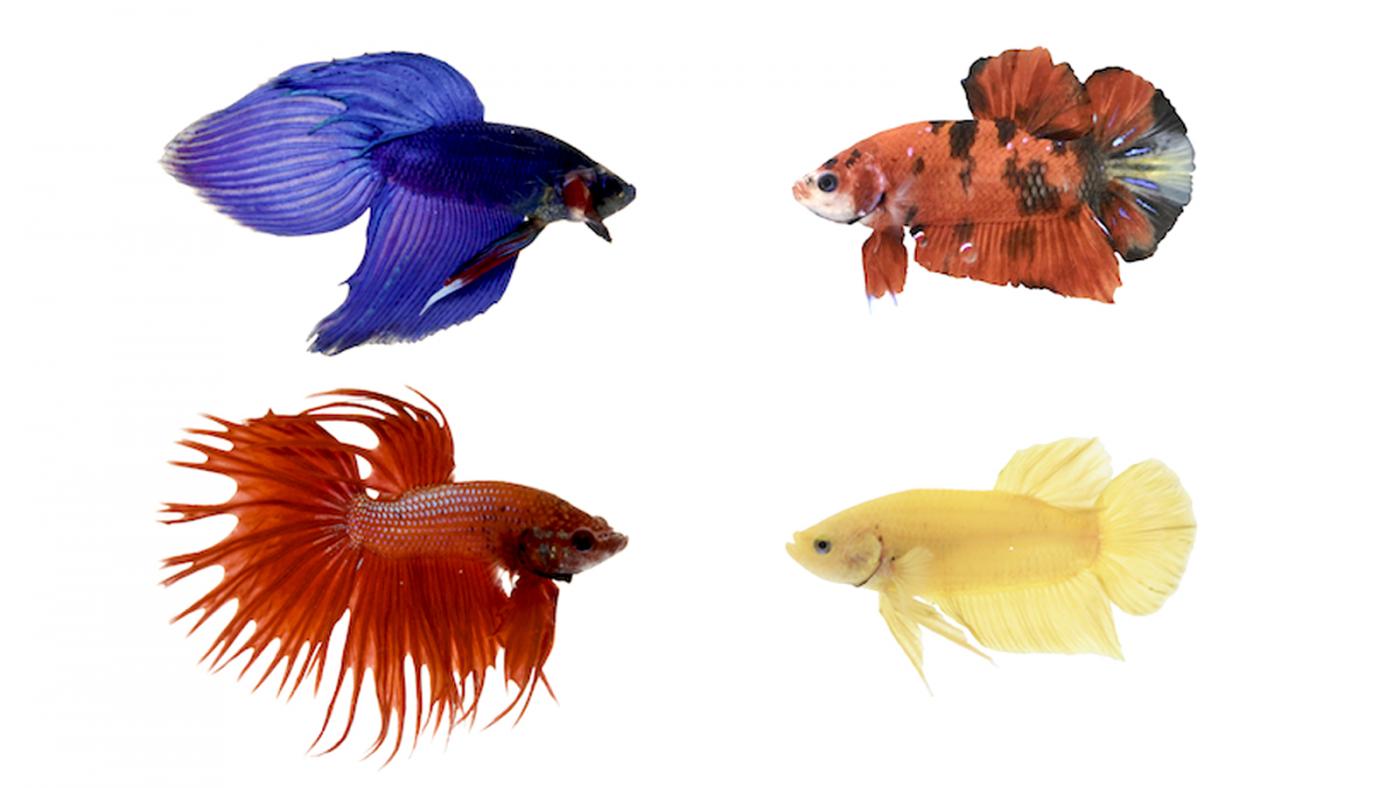The Ultimate Guide to Betta Fish Care: Crucial Tips for Keeping a Healthy and Thriving Aquarium Atmosphere
Effective Betta fish care demands a comprehensive understanding of their special ecological and physical requirements. Developing an ideal aquarium starts with selecting the right tank size and making certain optimal water conditions, which are critical for the wellness and well-being of your Betta. Understanding appropriate feeding techniques and creating a favorable habitat can dramatically influence your fish's vigor and actions. As you consider these foundational facets, it ends up being clear that maintaining a thriving fish tank environment calls for attention to detail and continuous commitment. What particular techniques will you carry out to boost your Betta's lifestyle?
Choosing the Right Tank
Picking the appropriate storage tank for your Betta fish is critical to ensuring its health and well-being. Bettas thrive in atmospheres that simulate their natural environments, which normally consist of calm, warm waters. A container dimension of at least 5 gallons is suggested to offer appropriate swimming space, as smaller containers can lead to stress and wellness problems for these dynamic fish.
When choosing a container, think about the tank's shape and filtering system. Furthermore, a dependable filtering system is crucial to keep water high quality and reduce the regularity of water changes.
Temperature law is one more crucial variable; Bettas choose water temperatures in between 76 ° F and 82 ° F. Buying a good heating system will make sure that the water remains within this range, advertising a healthy and active way of living for your Betta. Providing ideal container decors and concealing places will certainly help minimize tension and encourage all-natural behaviors, further enhancing your Betta's health.
Maintaining Water Top Quality
Keeping optimal water quality is crucial for the health and wellness and longevity of Betta fish. This needs regular surveillance of different parameters, consisting of temperature, pH, ammonia, nitrite, and nitrate degrees. Bettas grow in temperature levels in between 76 ° F and 82 ° F, so preserving a secure temperature is critical. Sudden variations can lead to stress and anxiety and illness.
The pH degree need to ideally fall in between 6.5 and 7.5. Regular testing utilizing a reliable water testing package can help make sure these parameters continue to be within the ideal ranges. Ammonia and nitrite degrees need to always go to 0 ppm, as even reduced concentrations can be harmful to Betta fish. Nitrate levels need to be kept under 20 ppm to avoid lasting wellness problems.
Routine water changes are essential to keeping water quality. It is advised to alter 25-50% of the container water weekly, depending on the tank size and equipping levels. Making use of a high-grade water conditioner can help eliminate dangerous chemicals from faucet water, making certain a secure setting. In addition, integrating a durable filtering system can aid in preserving water clarity and quality, giving a much healthier habitat for your Betta fish.
Ideal Feeding Practices
Giving a balanced diet plan is important for the wellness and vivid pigmentation of Betta fish, as their dietary needs play a significant function in their overall health. Betta fish are meat-eating by nature, calling for a diet plan high in protein. A combination of top notch pellets, icy or online foods such as bloodworms, salt water shrimp, and daphnia can provide the vital nutrients they require.
Feed your Betta fish 2 to three times a day, offering just what they can eat within 2 to three minutes to avoid overfeeding and preserve water high quality. Overfeeding can lead to weight problems and wellness issues, consisting of swim bladder condition. It is important to monitor their nutritional consumption and adjust part dimensions appropriately.
Along with healthy protein, a balanced diet plan needs to include nutrients to advertise optimum wellness. Think about supplementing their diet regimen with high-quality flakes or pellets especially created for Betta fish, as these often have required additives.

Producing a Suitable Environment

Water quality is extremely important; preserve a temperature level between 76 ° F and 82 ° F, and guarantee the pH level ranges from 6 - betta fish.5 to 7.5. Routine water changes of 25-50% each week will certainly help keep toxins at bay and guarantee a steady atmosphere
Integrating plants and hiding spots is vital, as Betta fish are naturally territorial and appreciate having locations to explore and pull away. Live or silk plants, in addition to caves and accessories, can produce a stimulating environment.

Regular Health Checkups
Performing normal wellness appointments is crucial for making certain the wellness of Betta fish, as very early discovery of prospective problems can stop major wellness troubles. These examinations need to include a detailed evaluation of the fish's physical problem, behavior, and ecological variables.
Begin by observing the Betta fish for any type useful reference of indications of distress, such as sleepiness, anorexia nervosa, or uncommon swimming patterns. Furthermore, check the fins and body for indicators of staining, lesions, or fin rot, which can indicate infections or bloodsuckers. Routinely monitoring the water high quality in the aquarium is equally important; specifications such as pH, ammonia, nitrite, and nitrate degrees must be preserved within optimum arrays to avoid anxiety and ailment.
Moreover, think about keeping a log of health and wellness observations and water quality examinations. Prompt treatment can make a significant difference in the healing of your Betta fish, making certain a lengthy and healthy and balanced life in a well-kept fish tank setting.
Verdict
To conclude, successful Betta fish treatment depends upon creating and preserving an ideal aquarium atmosphere. Trick aspects include picking an appropriately sized tank, ensuring consistent water top quality, sticking to ideal feeding practices, and developing an environment that minimizes stress and anxiety. Regular health and wellness appointments are vital for early discovery of prospective problems. By complying with these guidelines, aquarists description can promote the well-being and vibrancy of Betta fish, ultimately causing a growing marine ecological community.